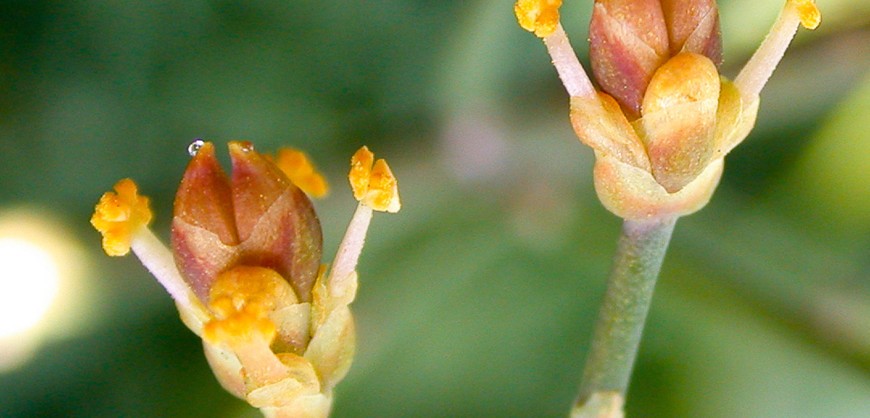Catarina Rydin and Kristina Bolinder from the Department of Ecology, Environment and Plant Sciences at Stockholm University accidentally discovered that pollination in the gymnosperm Ephedra foeminea is linked with the full moon. They made this discovery after a fruitless study of the plants of Greece and Croatia. It hit them that the plants may have been waiting for moonlight to bloom.
They returned to the area when the moon was full and were intrigued by the link between plant pollination and full moon period. The specific plant is pollinated by nocturnal flies and moths and these insects may need the moon as they navigate through the dark. Another theory may be that hte pollination drops glistening at the top of the plant may attract insects.



































